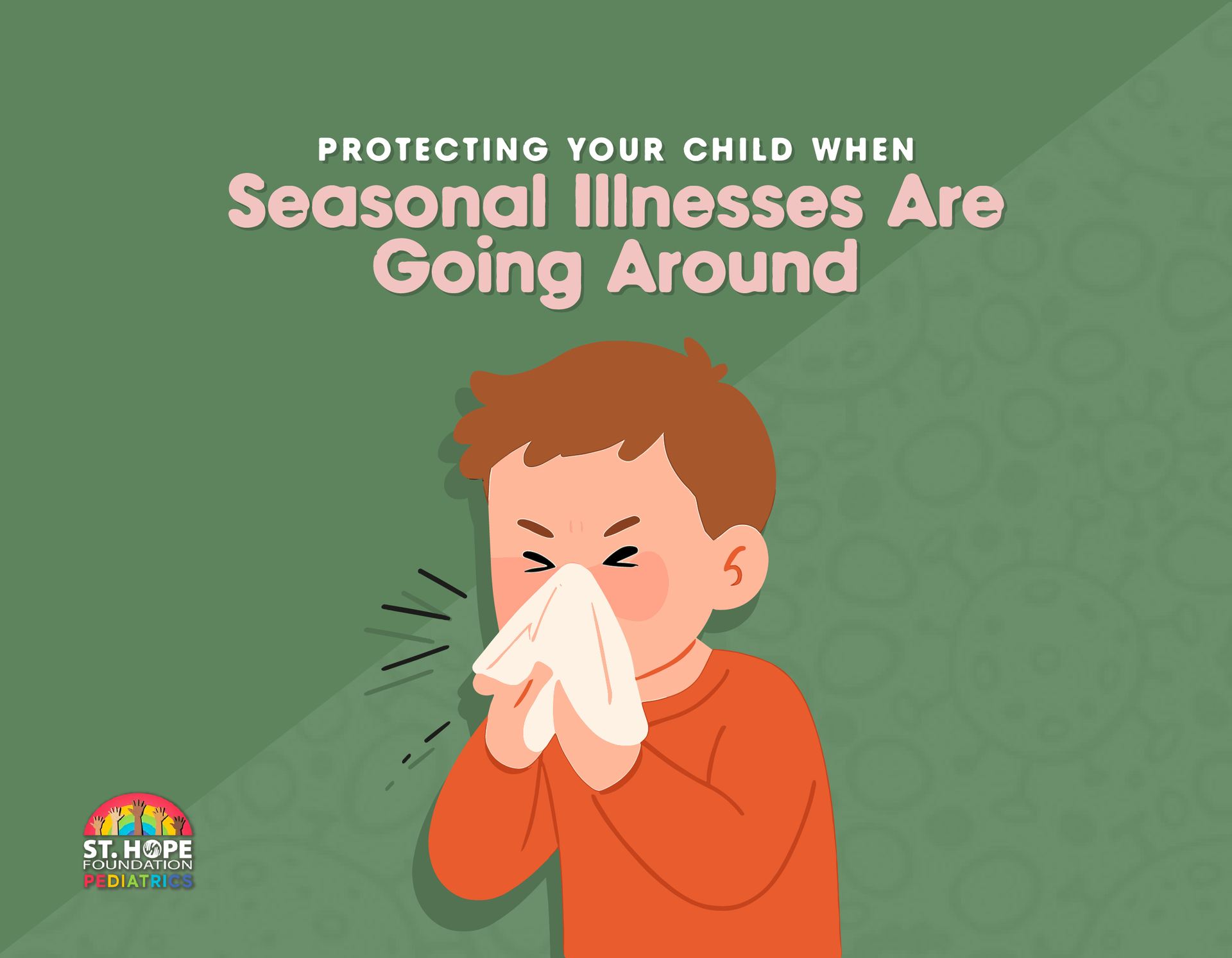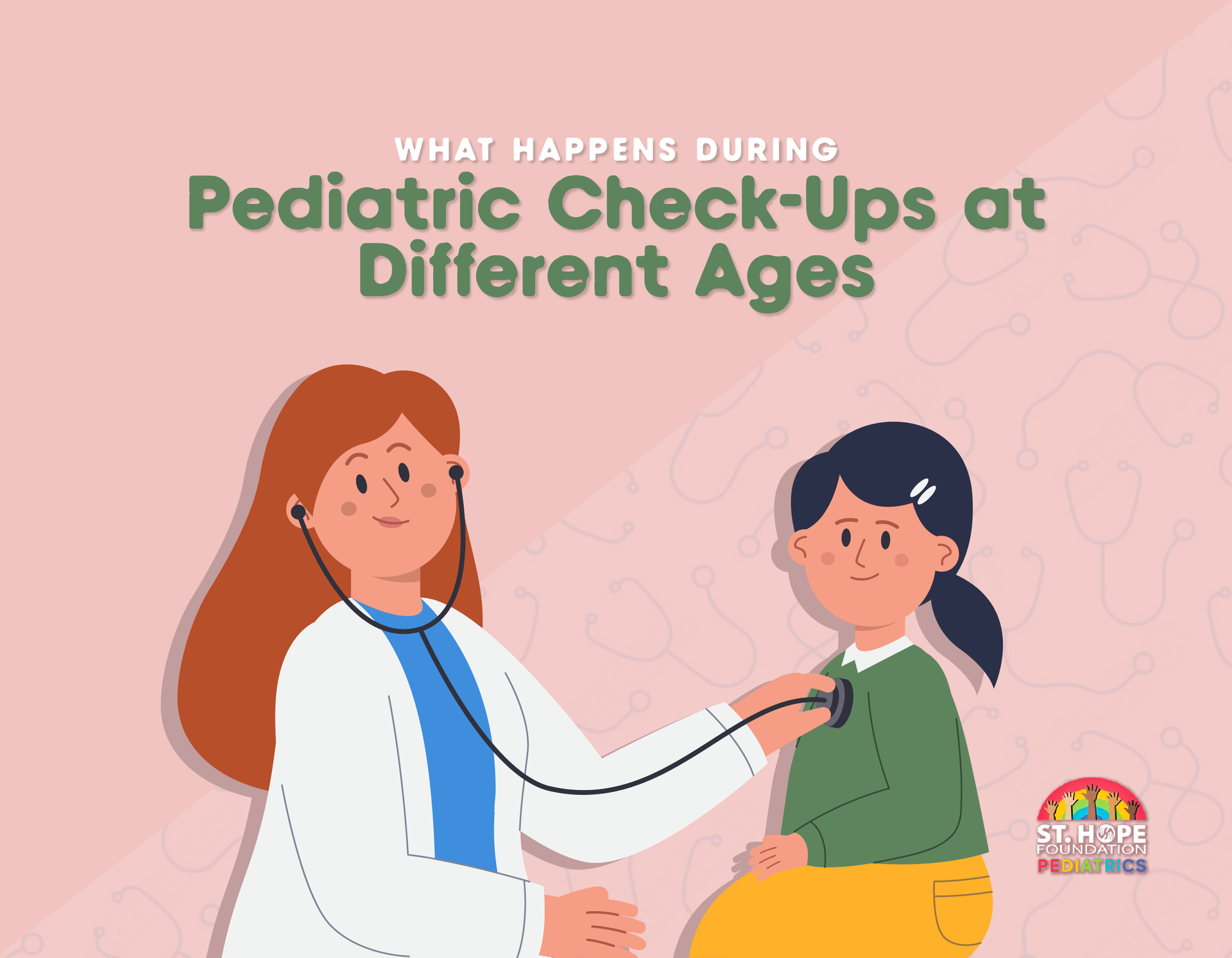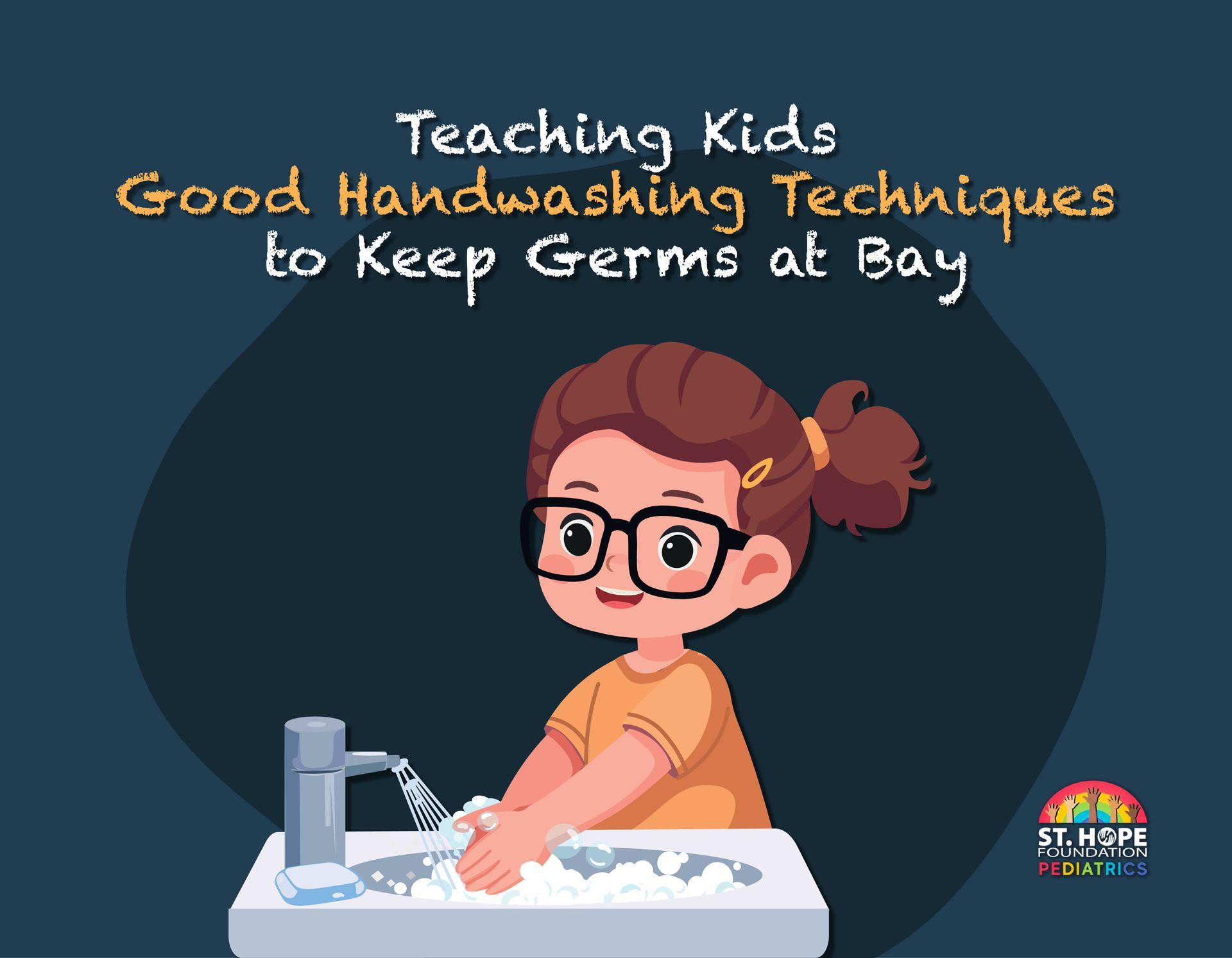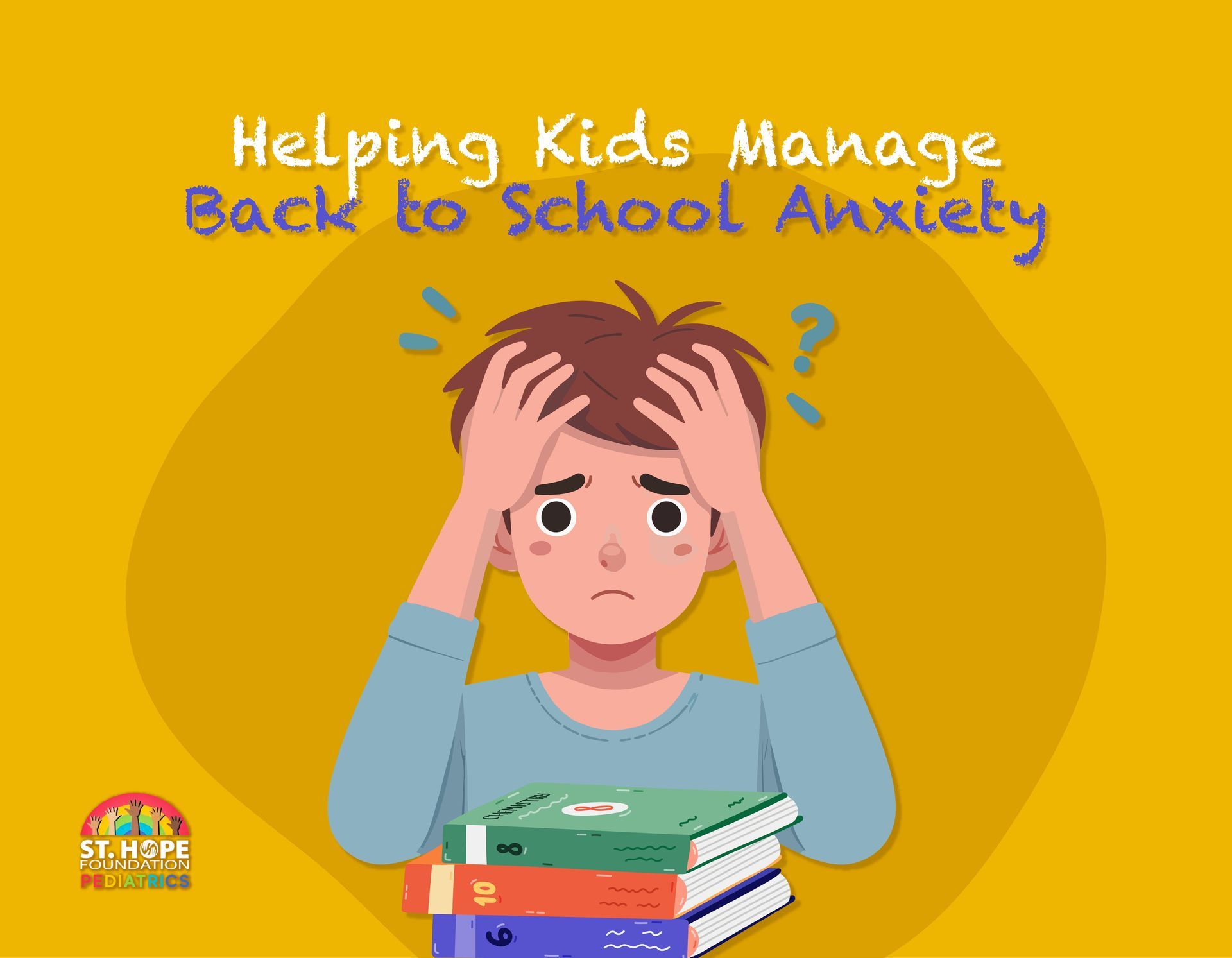Could My Child’s Bedwetting be a Medical Issue?
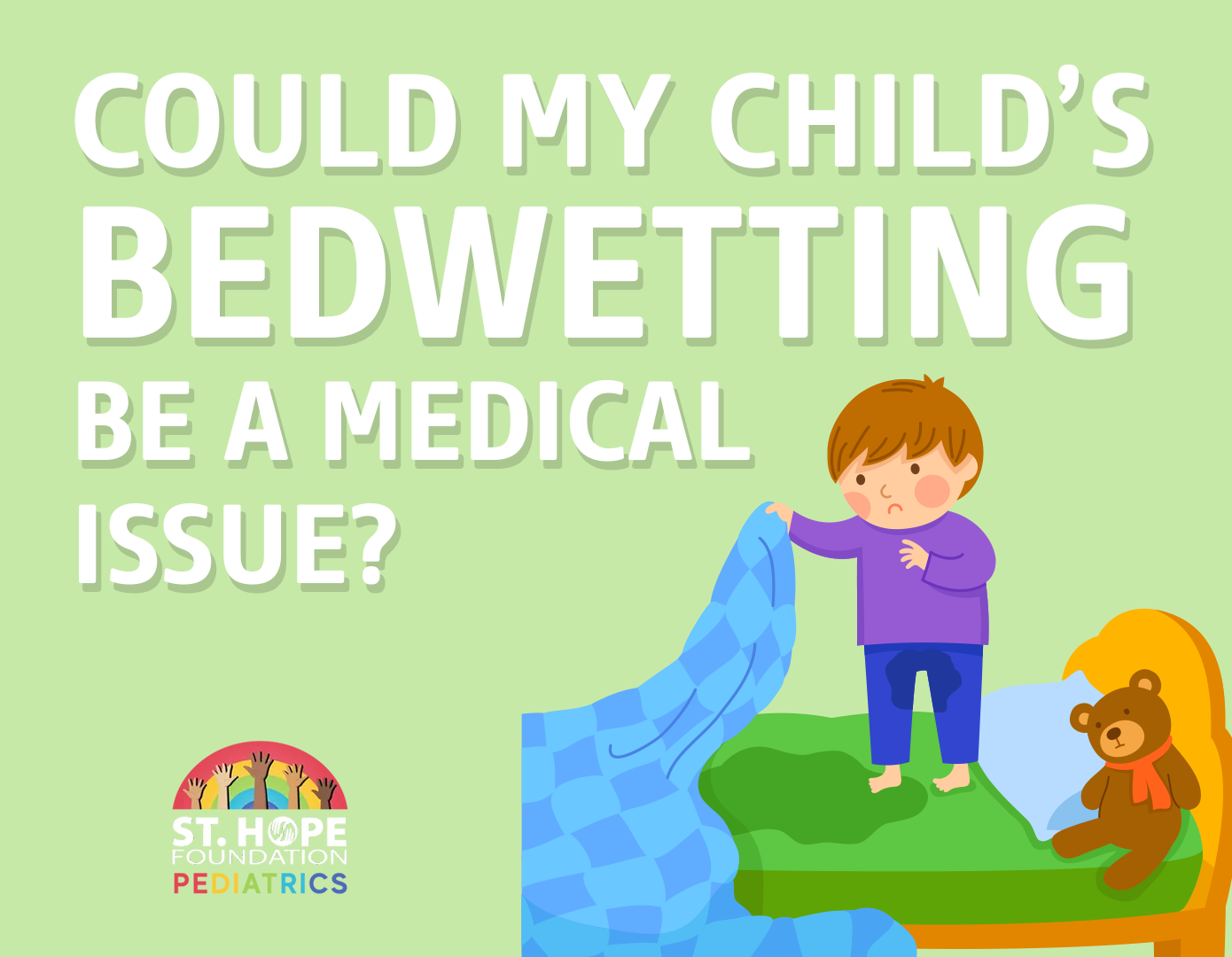
Yes, it's possible your child’s bedwetting may be connected to a medical condition, such as a urinary tract infection or a psychological problem for which your child may need extra support. Bedwetting, or enuresis, is common in young children up to the age of seven but may present an issue if it continues.
Be on the lookout for any unusual signs coupled with your child's bedwetting. Examples include:
- They are experiencing pain during urination
- Pink or reddish urine
- Abrupt bedwetting after being dry consecutively
- They display high levels of stress
- Difficulty controlling their bladder during the day
If any of these persist, it’s time to connect with your local pediatrician. Bedwetting can be diagnosed through an examination of the child and family's medical history to identify factors that may be influencing the issue. If left unchecked, it may create shame and confidence issues in adolescents. These must be handled delicately to promote positive development.
If you’re concerned your child’s bedwetting is a medical issue, don't hesitate to set up an appointment with your pediatrician.
When Should I Be Concerned About My Child’s Bedwetting?
Bedwetting is normal for young children, but there are some situations where bedwetting may be connected to a medical issue. If your child abruptly starts to wet the bed after not wetting the bed for months, you may want to connect with your healthcare provider for a pediatric checkup.
Additionally, if bedwetting comes with pain, difficulty during urination, pink or red urine or unusual thirst, it may be time to seek professional care. These signs may indicate that there is a urinary tract infection that needs to be treated. If incontinence becomes an issue during the day it may also indicate some type of medical condition or psychological challenge.
Common Causes of Childhood Bedwetting
- Developmental factors: In their early years, a child’s development may factor into their ability to hold their bladder. They may not have fully developed bladders, kidneys or awareness to help them wake from sleep to avoid bedwetting.
- Stress: Children may experience stress from changes in the household, school or major life events that incite bedwetting. Managing stress may help to alleviate symptoms in this case.
- Genetics:
A child may be predisposed to wetting the bed at a young age if one or both of their parents also struggled with bedwetting as a child.
- Sleep apnea:
Bedwetting may be triggered by sleep apnea if a child has an obstructed airway, resulting in snoring during their sleep. This can affect the chemical balance in their brain and may cause bedwetting.
- Urinary tract infection:
Urinary tract infections can prevent a child from being able to control their bedwetting.
- Hormone imbalance: Hormonal imbalances, such as not making enough antidiuretic hormone, can result in an inability to reduce urine flow at night.
Treatment Options for Child Enuresis
Treatment options may vary depending on the severity of the issue and how long it's been going on. You also may have certain preferences about how you want to enforce better habits for your child that can affect the treatment plan you pursue.
- Stress Management: If stress is the culprit causing bedwetting, adding stress management techniques to your child's routine may help alleviate the issue.
- Alarms:
Setting alarms during the night can help get your child to use the bathroom before an accident happens and may encourage them to check in with themselves regularly about how their bladder feels.
- Positive Reinforcement:
Bedwetting can come with a lot of shame and negative emotions for a young child, so positive reinforcement is often encouraged to help break the habit. This may improve their overall confidence relating to the issue and could gradually result in positive change.
- Bladder Training:
Bladder training during the day involves having the child wait to go to the bathroom. This helps them become more comfortable with their body’s signals about when they need relief and when their bladder is getting full, which can help prevent accidents at night.
- Changing Night Fluid Habits: Limiting liquid intake near bedtime hours may help reduce the amount of potential fluid in your child's bladder while they’re sleeping, reducing the risk of bedwetting.
There may also be prescription medications to assist with the issue, but there's no one medication that has been shown to stop childhood bedwetting. It will likely be a combination of lifestyle changes and habit reinforcement along with the guidance of your pediatrician that will result in the best solution.
Reliable 24 Hour On-Call Pediatric Providers in Houston, TX
Get the support you need for your child's optimal health at St. Hope Foundation Pediatrics. We provide 24-hour on-call pediatric services to Houston, TX residents because we know emergencies can happen at any time. You should have support available to you, should you need it. To connect with one of our available pediatricians, give us a call at (713) 778-1300 for immediate assistance.

